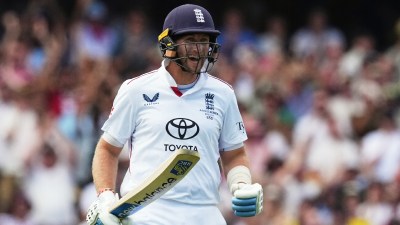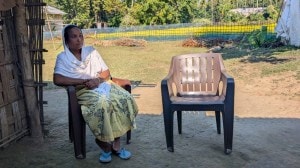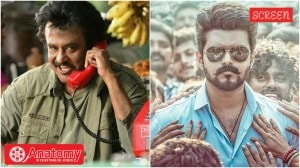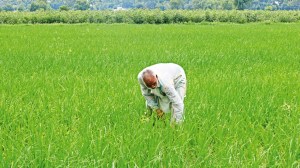Zimbabwe authorities reject Opposition pullout
Zimbabwe authorities ruled on Wednesday that a June 27 presidential vote would go ahead despite the withdrawal of the Opposition.

Zimbabwe authorities ruled on Wednesday that a June 27 presidential vote would go ahead despite the withdrawal of the Opposition. Leader of the Opposition Morgan Tsvangirai, who pulled out of the contest against President Robert Mugabe because of attacks on his followers, said the vote was a sham and called for the African Union, backed by the United Nations, to lead a transition in Zimbabwe.
Tsvangirai was speaking at a press conference at his home after leaving the Dutch embassy where he had taken refuge after announcing the pull-out last Sunday.
Zimbabwe Electoral Commission Chairman George Chiweshe said Tsvangirai8217;s withdrawal had been filed too late to have any legal effect. 8220;The commission does not recognise the purported withdrawal. We are, therefore, proceeding with the presidential election run-off this Friday.8221;
Tsvangirai told reporters: 8220;I am asking the African Union AU and the SADC Southern African Development Community to lead an expanded initiative supported by the UN to manage what I will call a transitional process.8221; He said the election would not be accepted either by Zimbabweans or the world. He called on the AU to discuss the crisis next weekend at a summit in Egypt. Mugabe, 84, is now certain to be elected to extend his 28-year rule.
Human rights organisations, Western powers and Tsvangirai8217;s Movement for Democratic Change MDC accuse the veteran leader of launching a campaign of murder and intimidation after he and his ZANU-PF party lost elections on March 29. Tsvangirai had fallen short of the absolute majority required for outright victory in that vote.
Mugabe, in power since 1980, has presided over a slide into economic chaos that has sent millions of refugees fleeing to neighbouring states and pushed inflation to an estimated 2 million per cent.
In the first concrete step to punish Mugabe for a wave of violence that resulted in Tsvangirai8217;s withdrawal, Britain has stripped Mugabe of his honorary British knighthood as a 8220;mark of revulsion8221;. The move has been approved by Queen Elizabeth II. Britain is also preparing tougher sanctions against specific members of Zimbabwe8217;s Government.
Tsvangirai said that while he was prepared to negotiate with Mugabe8217;s ZANU-PF before Friday, his MDC would 8220;not have anything to do8221; with a Government that emerged from the vote. He had earlier urged the UN to isolate Mugabe and called for a peacekeeping force. He also accused Mugabe of declaring war. Kenya stepped up African pressure for intervention, saying the country risked a Rwanda-style disaster.
Mugabe has refused to call off the vote, shrugging off mounting international pressure including Monday8217;s unprecedented UN Security Council condemnation of violence. It said a free and fair run-off election on Friday was impossible, a view reiterated by the members of a SADC security troika of Tanzania, Angola and Swaziland.
The troika had met near the Swaziland capital Mbabane to discuss the Zimbabwe crisis. The region8217;s designated mediator, South African President Thabo Mbeki could not attend as conveyed by his spokesman. The South African President has been negotiating between Mugabe and Zimbabwe8217;s Opposition since last year, but has been widely criticised for being ineffective and too soft on Mugabe.
Kenyan Prime Minister Raila Odinga said he had phoned Tanzanian President Jakaya Kikwete ahead of the Swaziland meeting and suggested former Nigerian President Olusegun Obasanjo or Botswana8217;s former leader Ketumile Masire as possible mediators, replacing Mbeki.
Meanwhile Zimbabwe election monitors said on Wednesday that they could not effectively observe Friday8217;s presidential vote because of threats to their safety given the deliberate targetting. A statement to the effect was made by the independent Zimbabwe Electoral Support Network.
- 01
- 02
- 03
- 04
- 05






























